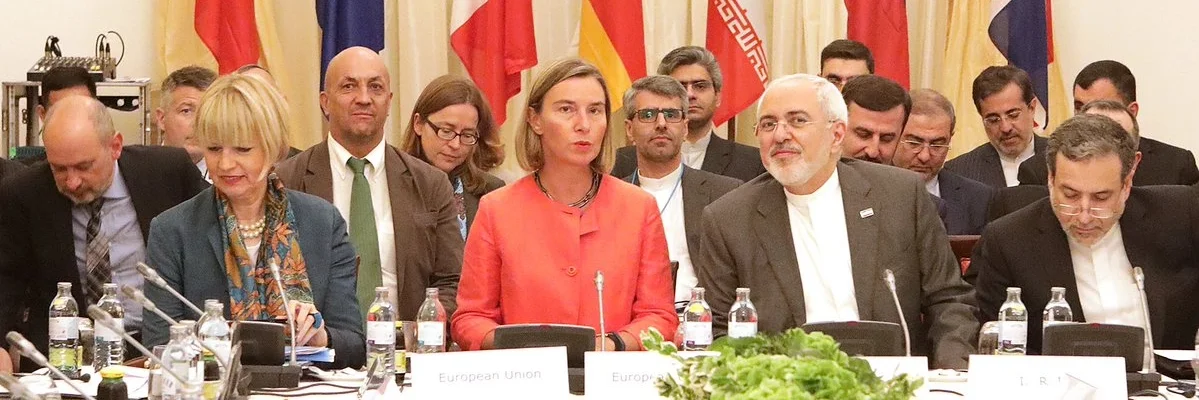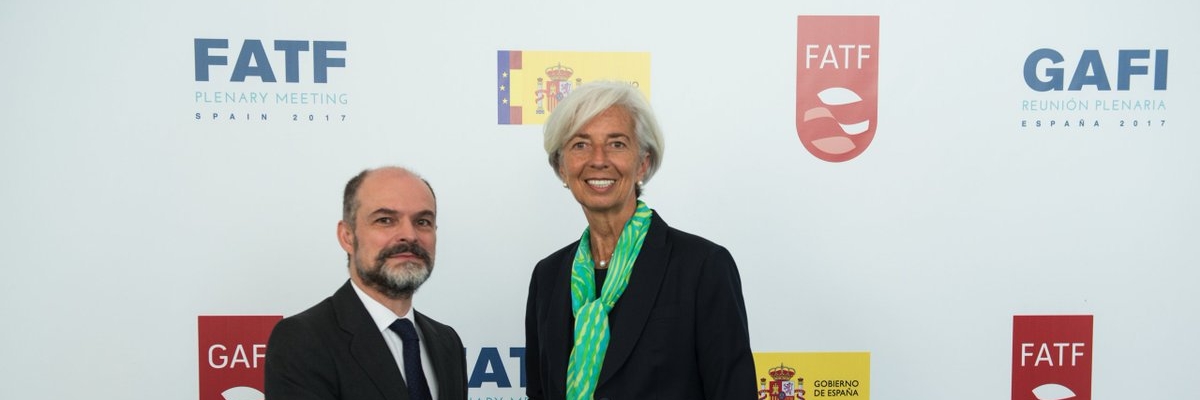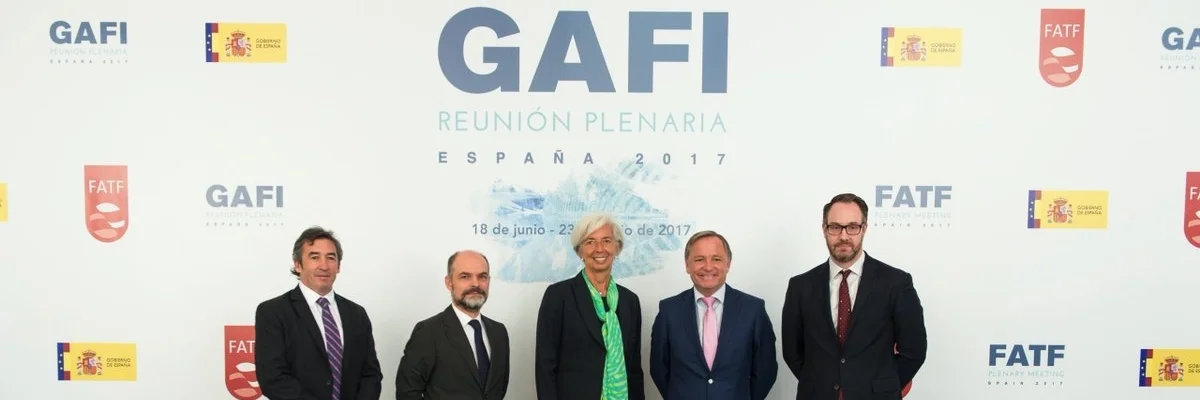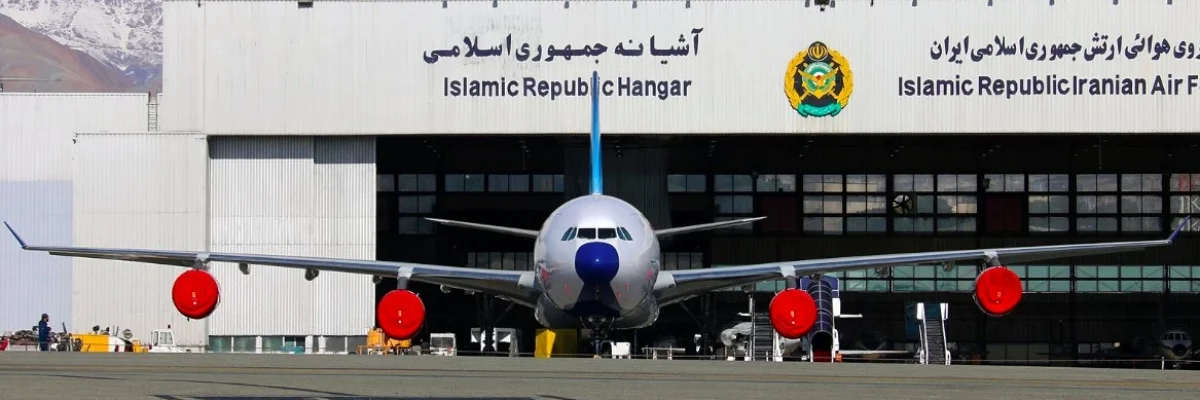◢ Iran has finally learned how to use the Joint Commission of the nuclear deal to tackle its economic challenges. Iranian foreign minister Javad Zarif got what he needed from the ministerial meeting. Two months following Trump’s abrogation of the nuclear deal, the remaining parties to the agreement proved able to present a consensus position on the need to protect Iran’s economic interests in direct contravention of the declared US policy. On practical implementation, bilateral exchanges are the preferred route forward.
asdasdasdasdasdasdasdasdasdasd





















